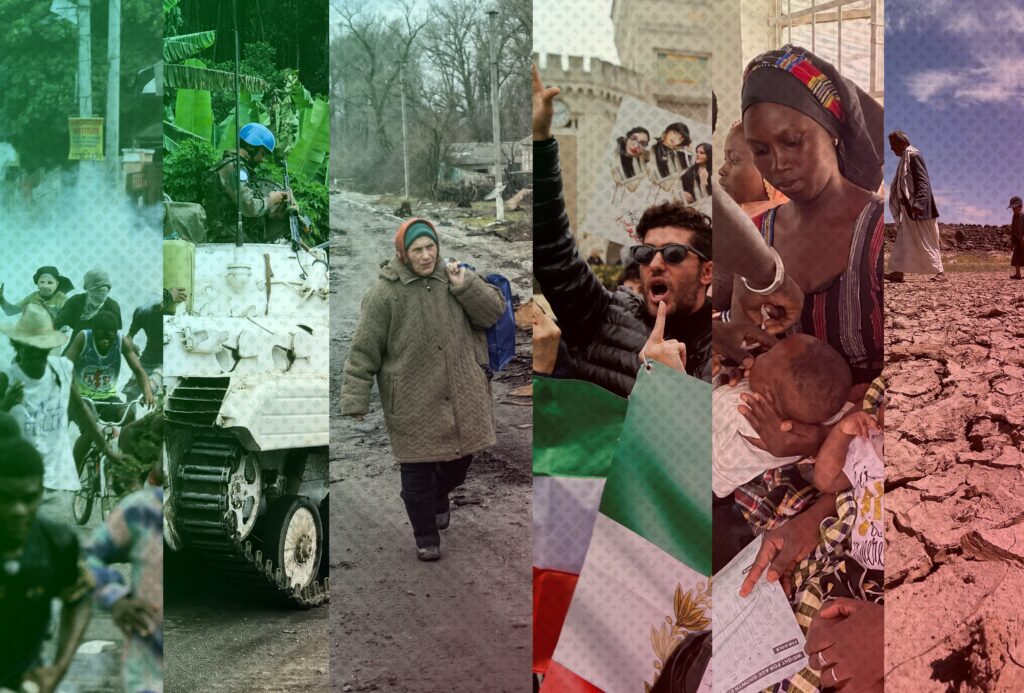The Yemen Civil War, which began in 2015, has caused a devastating humanitarian crisis in the country. The conflict started when Houthi rebels, supported by Iran, ousted the Yemeni government and took over the capital, Sanaa. This led to a military intervention by a coalition of Arab states, led by Saudi Arabia, in an attempt to restore the Yemeni government. However, this intervention has only escalated the crisis, leaving millions of Yemenis facing food shortages, disease, and displacement. Despite efforts by organizations such as the United Nations and NGOs to provide aid, the global response to the crisis has been inadequate. It is crucial for the international community to step up efforts to bring an end to the fighting and find a lasting solution to the Yemen Civil War.
The Yemen Civil War
Background
The Yemen Civil War began in 2015 when Houthi rebels, supported by Iran, ousted the Yemeni government and seized control of the capital, Sanaa. This sparked a military intervention by a coalition of Arab states led by Saudi Arabia, with the goal of restoring the Yemeni government to power. The conflict has since escalated into a devastating humanitarian crisis, with millions of Yemenis facing food shortages, disease, and displacement.
Humanitarian Crisis
The humanitarian situation in Yemen is dire, with an estimated 80% of the population in need of humanitarian assistance. The conflict has destroyed critical infrastructure, including hospitals and schools, leaving millions of Yemenis without access to basic services. The country is also facing a severe cholera outbreak, with over 2 million cases reported since 2017.
Global Response
The international community has been slow to respond to the crisis in Yemen, with many countries providing only limited humanitarian aid. The United Nations has called for a ceasefire and a political solution to the conflict, but efforts to bring the warring parties to the negotiating table have been largely unsuccessful.
United Nations
The United Nations has played a key role in coordinating humanitarian assistance in Yemen, with agencies such as UNICEF and the World Food Programme providing food, water, and medical supplies to those in need. However, funding for these efforts has been insufficient, with only a fraction of the requested funds being received.
NGOs
Non-governmental organizations (NGOs) have also been active in providing assistance to Yemenis affected by the conflict. Organizations such as Doctors Without Borders and Save the Children have set up mobile clinics and food distribution centers to reach those in need, but have faced numerous challenges due to the ongoing conflict.
Donor Countries
Donor countries, including the United States, United Kingdom, and Saudi Arabia, have provided financial support to humanitarian efforts in Yemen. However, criticism has been leveled at these countries for their role in the conflict, with allegations of arms sales to Saudi Arabia contributing to the humanitarian crisis.
Conclusion
The situation in Yemen remains critical, with millions of Yemenis in urgent need of assistance. The global response to the humanitarian crisis has been inadequate, with many countries failing to provide the necessary support to alleviate the suffering of those affected by the conflict. Efforts must be redoubled to bring an end to the fighting and find a lasting political solution to the Yemen Civil War.
